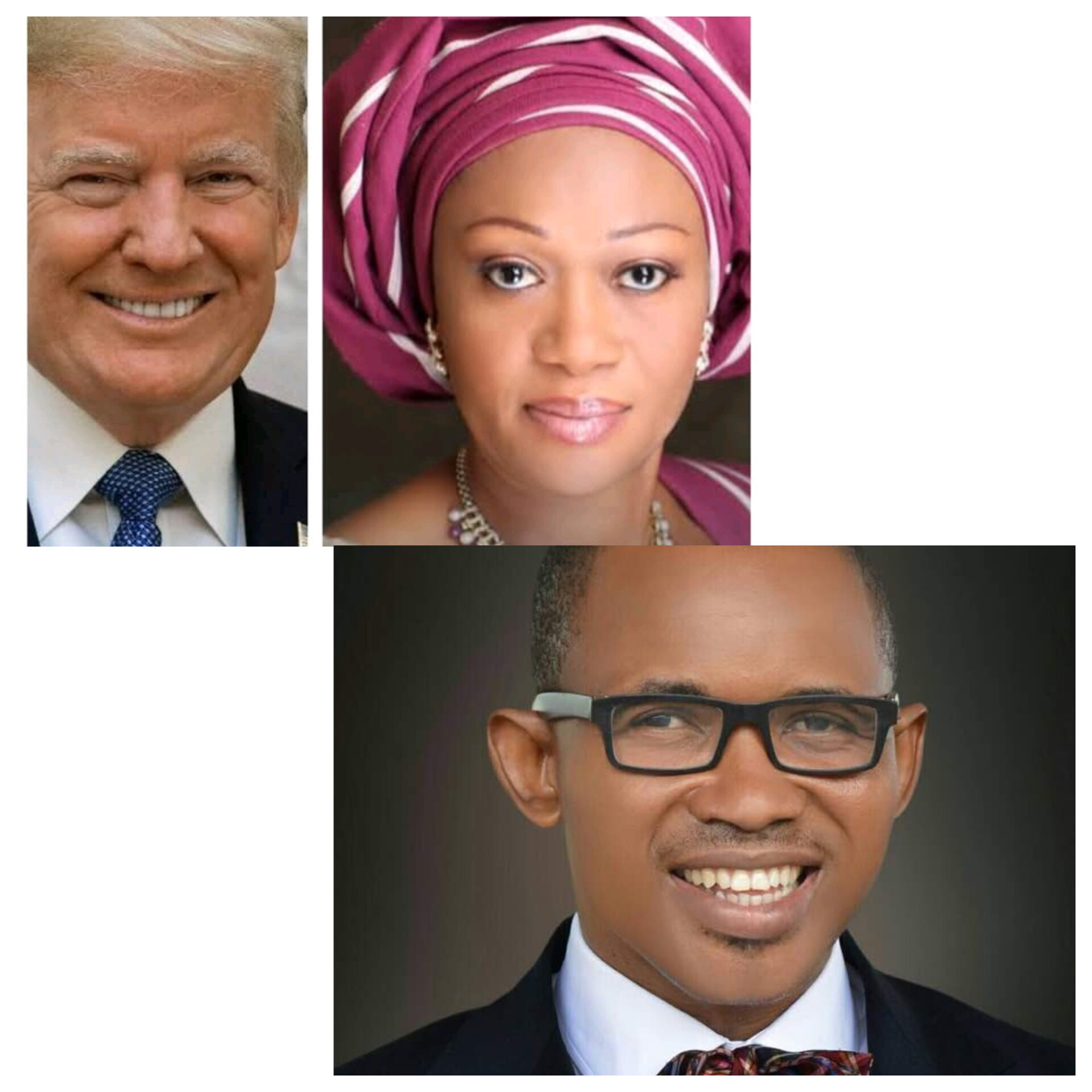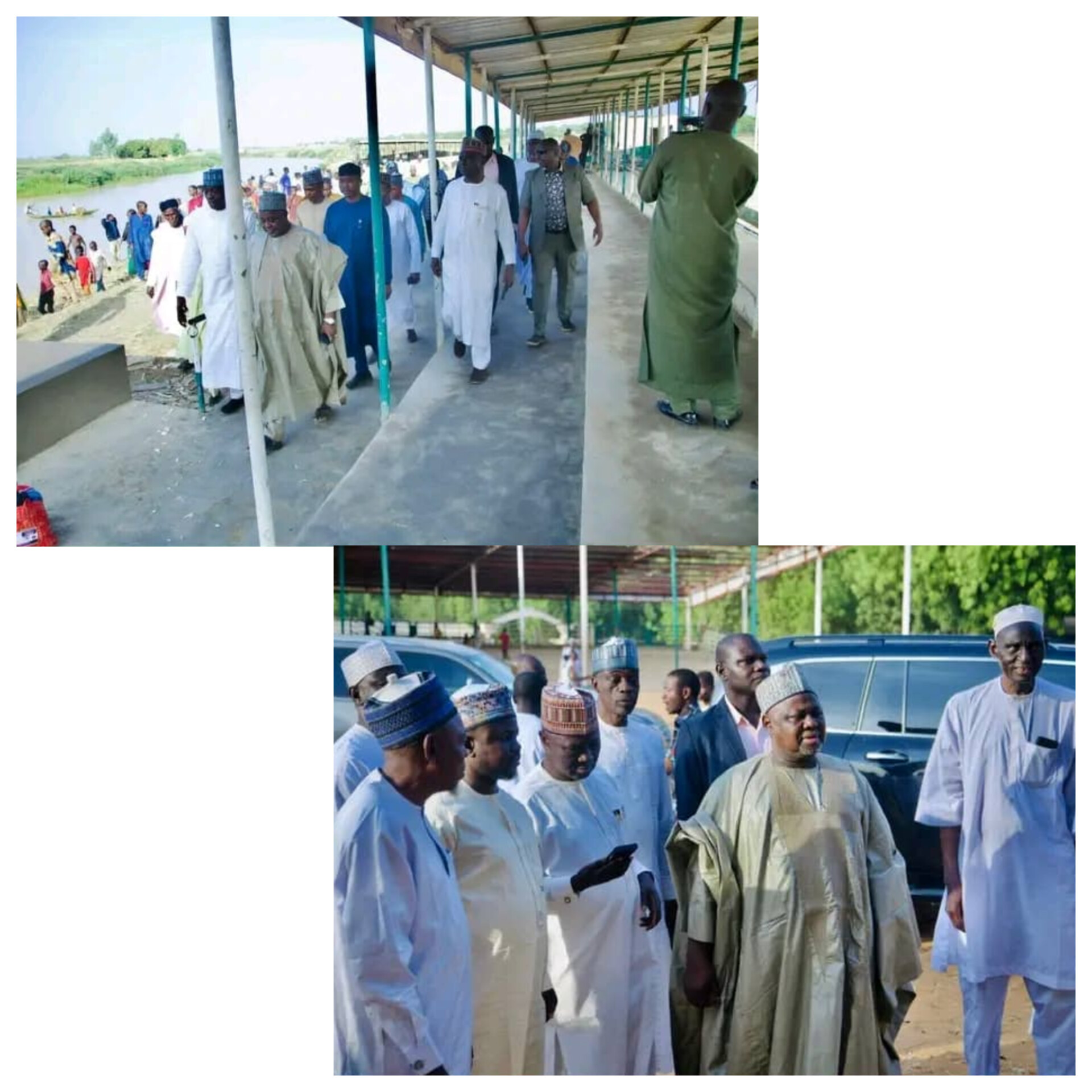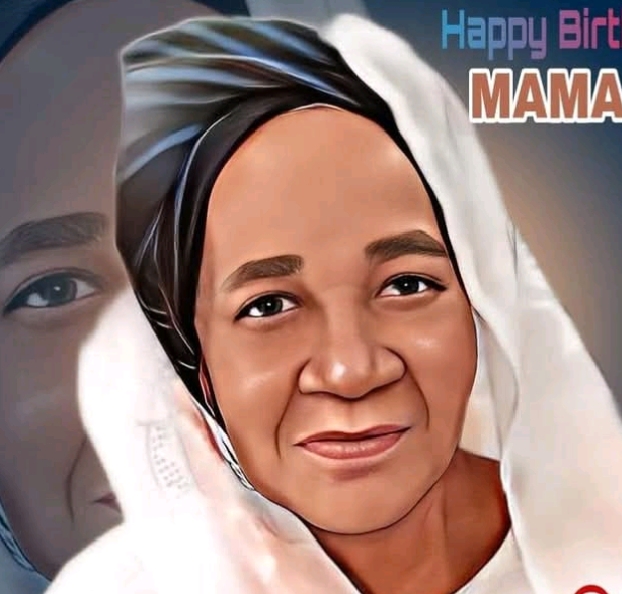REVISIT ON NIGERIA-FRANCE RELATION: Review of Mallam Yusuf Bangura treatise. By M K Ilyasu

REVISIT ON NIGERIA-FRANCE RELATION: Review of Mallam Yusuf Bangura treatise.

A growing part of the treatise of Mallam Yusuf Bangura from Nyon, Switzerland was serialised into VIII parts titled “Why France can’t be Nigeria’s strategic partner” carried in the opinion columns of Daily Trust, with the conclusion part on Friday 14th February 2025. It made interesting reading, however, it appears that Mallam Yusuf devoted much time to the development of Nigerian diplomatic history than analysing the existing trend of its evolution and current challenges.
Some literature on crises, disasters and policy failures focuses on the design, conduct and impact of post-incident reviews or inquiries, particularly whether the right lessons are identified and subsequently learned. Such accounts under-appreciate the specific challenge posed by epistemic context, under what conditions the difficulty may vary, and which strategies could help to solve them. Drawing on insights from a wide-range of cases, the article should attempt to offer systematic evaluations and comparisons of current and alternative policies implicated in crises concerning key areas of concern or other substantive issue areas.
Other areas of concerns he should have addressed should include the followings;

How are effects of crises transferred through and between systems and how can policy design enhance the resilience of institutions like the Foreign Ministry?
In what way does the perception of risks by people as well as by policy-makers and practitioners translate to potential crises of stronger Nigeria-France partnership?
*
Mallam Yusuf identifies hindsight bias, counterfactual reasoning, and root-cause analysis as core components creating an epistemic triangle of inquiry. It advances four propositions about the conditions that help or hinder capacity to produce sound knowledge based Foreign Policy and concludes by pointing potential strategies that navigators of foreign policy can use to fully address or at least mitigate these epistemic challenges.
The question that beget answers from Mallam Yusuf is whether one can prove supposedly harmful event is preventable?

The miseries and sufferings of millions of people during the Africa’s liberation struggles imposed a great challenge on the African Union on how to establish a long-enduring mechanism to guarantee security and peace.
The United Nations Organisation, created in 1945 as an instrument to safeguard international security and peace, has not proved fully capable of fulfilling the main goals and objectives embodied in its charter. Its successes are evident in the fact that the Cold War faded away without leading to a Third World War. But, Africa remained at the receiving end of the Bi-polar relationships, culminating to the creation of the non-allied movement that gave her the desired opportunity to maintain its non partisanship in the ideological war.
Of course, the UN main failures derive from the historical trend that transformed the Second World War allies and victors into Cold War rivals.
In this international environment, the Five permanent members of the Security Council were not capable of using the UN Charter and its tools for active conflict prevention and crisis management, hence it became the duty of regional organisations to promptly assume the responsibilities.
In the 1990s, with the end of the bi-polar world and the consequent rapid expansion in the number, scope and mandate of international conflicts, international intervention faced new problems.
Ongoing problems include: the UN as an international organisation is often asked to address too many crises; member states are frequently reluctant to provide financial, material and human resources for the operations; inherent limitations exist within the complex multinational system of decision making and operational command; and difficulties arise while engaging in enforcement at a time when troops are widely dispersed in peace-keeping or humanitarian assistance roles around the world.
African Union and ECOWAS diplomacy often struggles with issues like a lack of effective conflict prevention mechanisms, difficulty in addressing complex and multifaceted crises, the dominance of power politics, struggles with international institutions like the UN to respond quickly and decisively, and a tendency for major powers to prioritize their own interests over broader international cooperation, leading to ineffective solutions and lingering tensions in many regions.
Using the approach of conflict resolution theory, it may seem appropriate to apply the multi-track diplomacy model in creating a “real and sustainable peace”.
PBAT is employing conflict transformational model that, involves not only a political settlement leading to conflict resolution but also a complete restructuring of the system which allowed the conflict to flourish. This is particularly necessary in cases of deep-rooted social conflicts like those amongst African regimes and between the France and the francophone sub Saharan African countries.
However, by necessity, the full potential of international intervention aimed at achieving peace can be realised only when full diplomatic tracks are implemented earnestly. This is the essence of PBAT shuttle diplomacy, hoping a real and lasting peace will be achieved only when there is a genuine desire for peace among the government, civic and private sectors. A mutual dependency between these, an “inter-relatedness,” interlinks them, even if unofficially. For example, it is clear that a secure environment will encourage business, trade and economic cooperation. It may be suggested that the improvement in the economic ties between the conflicting communities will bring about the desire for peace among the population and the private sector.
One of the major challenges to the African community and its capacity for such intervention came with the dissolution of the African Liberation Committee (AFLICO)in the early 1990s. The tensions, the resurgence of old rivalries and the outbreak of violence at the time of democratization was a severe test to the adaptability of diplomacy to the new geopolitics of the period.
In due course, many African institutions and structures had to dive into uncharted waters and to follow a course aimed at producing peace. In the case of Saharawi Arab Republic, Eritrea and South Africa at least, a peace settlement was achieved at the end of 1994. However, it came at a very high price: after serious diplomatic and military setbacks and much bloodshed. Recent scholarship has highlighted the value of African leaders’ visions but largely overlooked the actors, spaces and practices through which these visions were to be enacted. DIPLOMATS WERE HARDLY HEARD FROM OR SEEM TO BE RECOGNISED FOR THEIR INITIATIVES.
The lessons for the African Union regarding the potential for conflict resolution and the limitations to its intervention in an escalating crisis were harsh and not at all optimistic. The Mechanism established at the dissolution of AFLICO to warn, prevent and resolve conflict left much more to be desired. Insufficient focus on early warning and proactive measures to prevent conflicts before they escalate, leading to reactive responses once violence has already begun.
It considers government intelligence assessments, as well as diplomatic reporting and expert sources and how leaders received these assessments. States frequently prioritize their own national interests over and above the collective good, hindering multilateral solutions to global challenge.
Malam Mohammed Kabir Ilyasu a retired foreign affairs officer author and public affairs analyst writes from Kaduna Nigeria
16th February 2025




